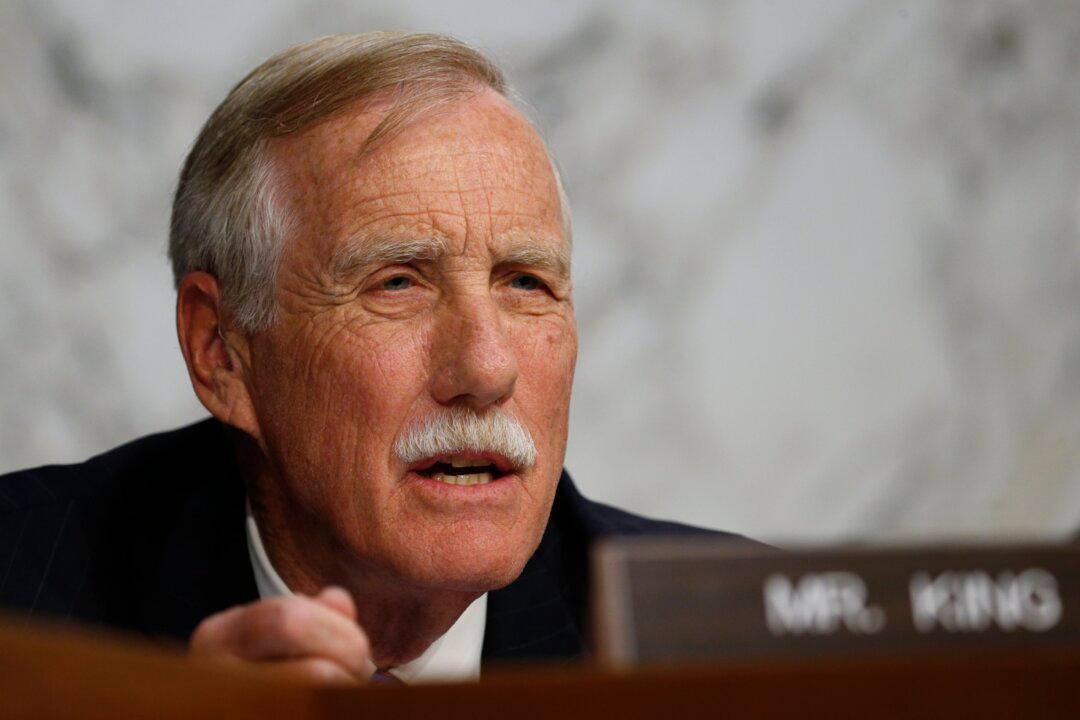Senators on the Energy and Natural Resources Committee’s Energy Subcommittee heard testimony July 13 on the drivers of high energy prices, a key issue for Americans across the country as inflation rages and November midterms loom closer.
In May of this year, Rasmussen Reports found that 82 percent of likely voters in the United States considered themselves concerned about increasing gasoline and energy costs. Fully 60 percent rated themselves “very concerned.”





